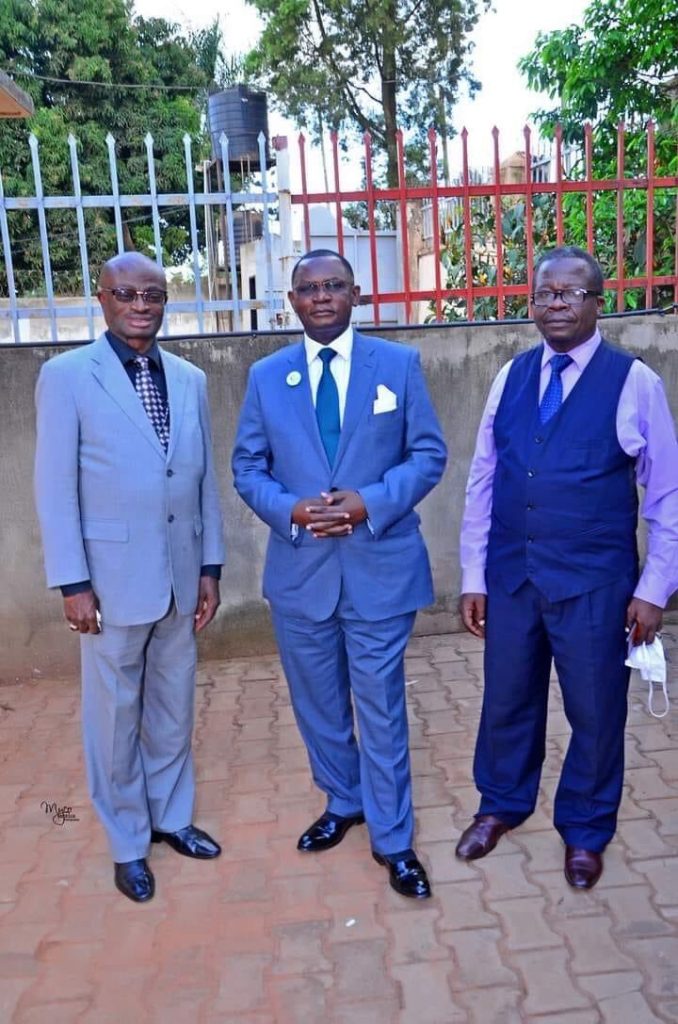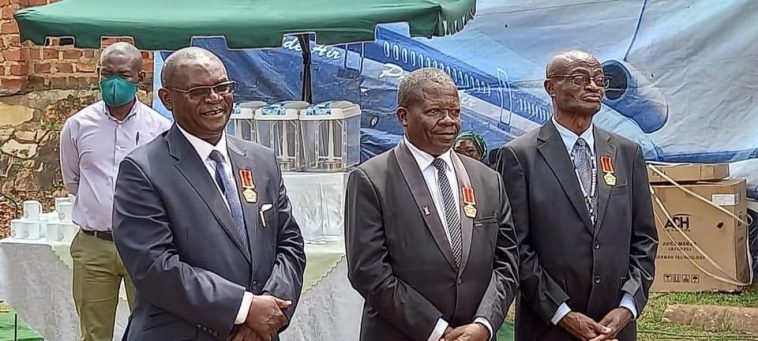
While the full article and official photos are coming soon, I couldn’t wait to share one powerful moment that resonated deeply with many of us in the room.
A participant asked an important question to veteran actor Charles James Ssenkubuge:
“How have you managed to maintain a strong working relationship and friendship with Kibuuka and Matovu Joy over the years of Bakayimbira Dramactors?”
His response was profound, not just for artists, but for professionals in any field. He lifted his palm, pointed to his five fingers, and said:
“My mother told me to treat people like fingers.”
It’s a familiar analogy, but the way Ssenkubuge unpacked it was refreshingly insightful. He explained:
- Each finger is different, in size, length, and position.
- They don’t compete or question each other’s place.
- Yet they all belong to the same hand, work together, and function in harmony.
- They feed from the same body, but remain distinct in form and role.
This analogy mirrors what effective collaboration should look like, especially in the creative industry, where egos, competition, and blurred roles often get in the way.
Ssenkubuge emphasized that he and his longtime colleagues chose to work together not because they were the same, but because they complemented each other’s strengths. While all are seasoned actors, one is a writer, another directs, and another composes music. That diversity of talent adds value to their collective.
Even when one member isn’t physically present for a project, they’re still consulted, because their input matters. That, he said, is a sign of respect.
He also made a strong case for emotional intelligence in professional partnerships:
- Know each other’s triggers.
- Understand each other’s working styles.
- Protect the bigger picture, the vision that brought you together in the first place.
“Most creative partnerships today fail,” he noted, “not because of lack of talent, but because people forget why they started working together”.
Listening to Ssenkubuge’s words got me understanding the following things
- Collaboration thrives on respect, not similarity.
- Understanding your colleagues’ differences is not a weakness but rather a strategic advantage.
- Long-term partnerships succeed when individuals bring unique value while staying aligned with a shared goal.
Whether you’re in the performing arts, corporate leadership, media, or entrepreneurship, this is a timely reminder that people are not the same, and that’s exactly why they need each other.
This post was created with our nice and easy submission form. Create your post!




